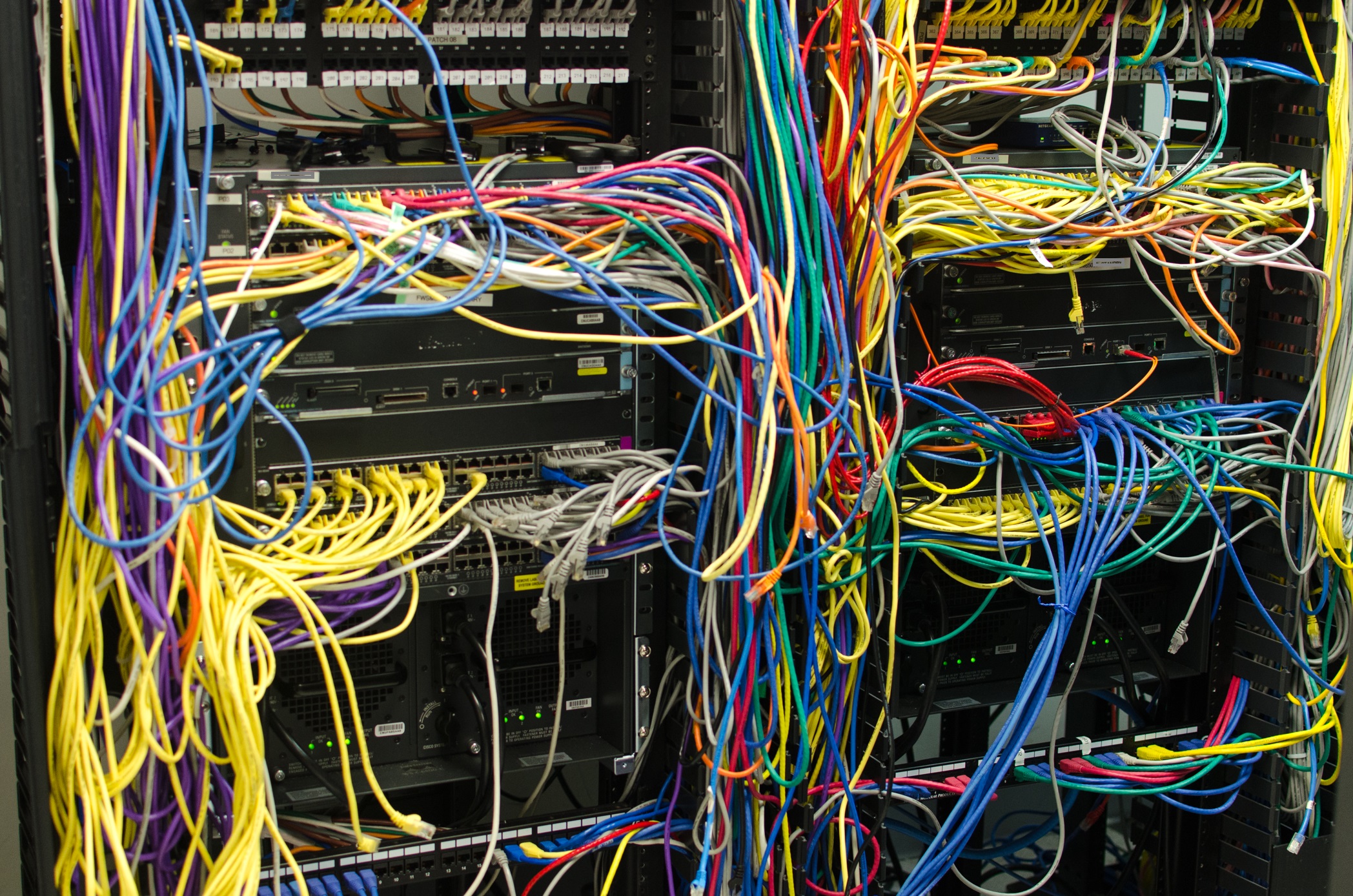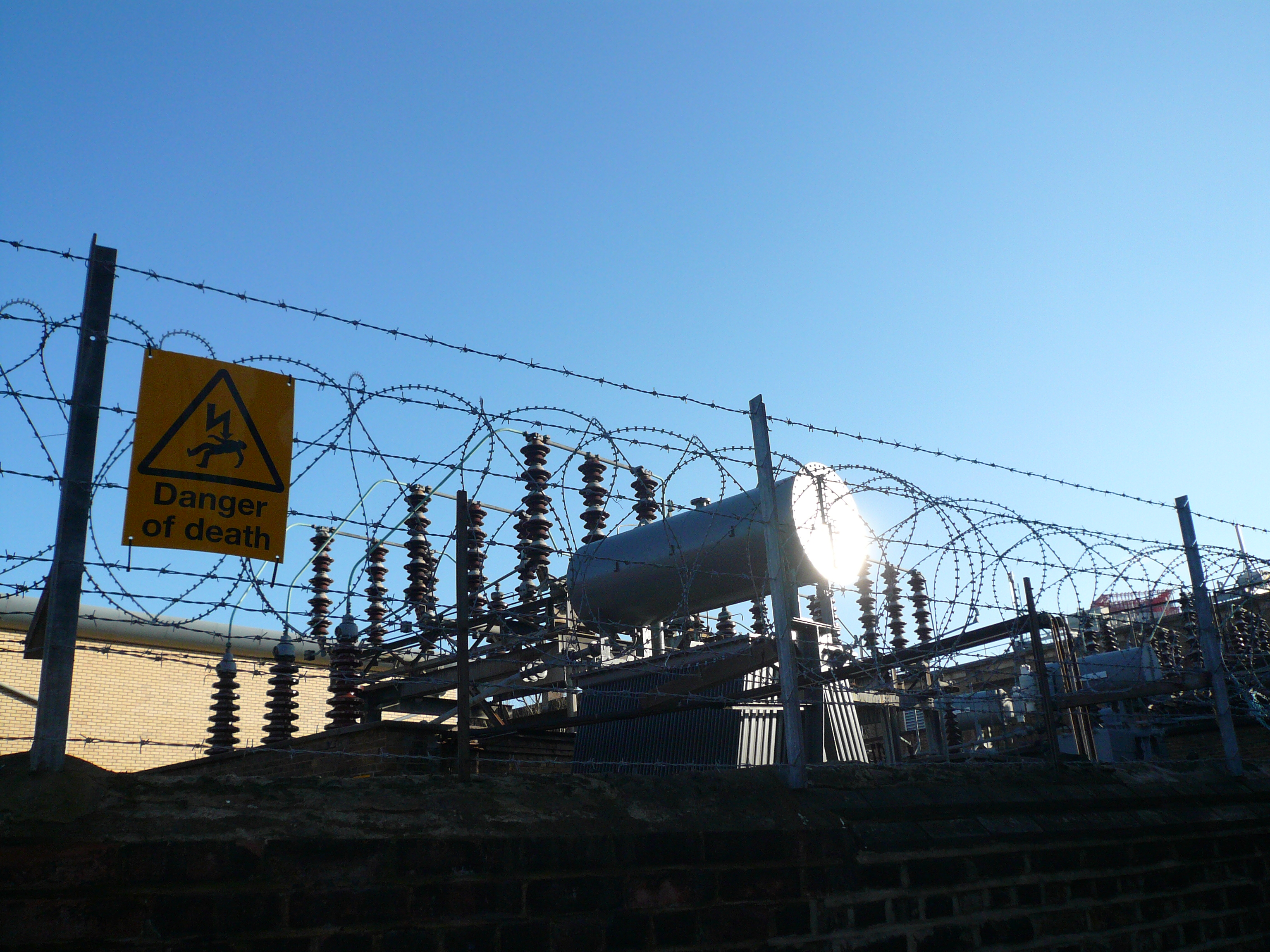
Where some believe that the value of their network is based on its exclusivity, connectors are people in the organization who have developed large networks of people and who see their role in introducing people in their network to each other. This connector role is closely related to the knowledge brokering process that recombines existing knowledge and facilitates knowledge transfer.



